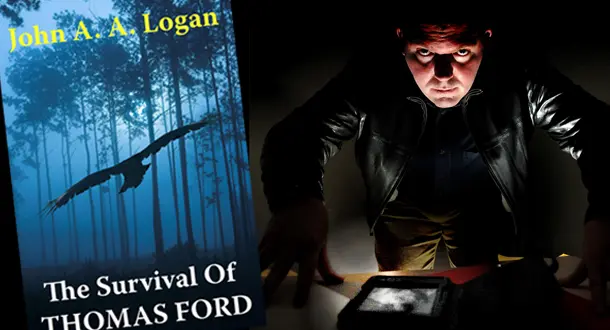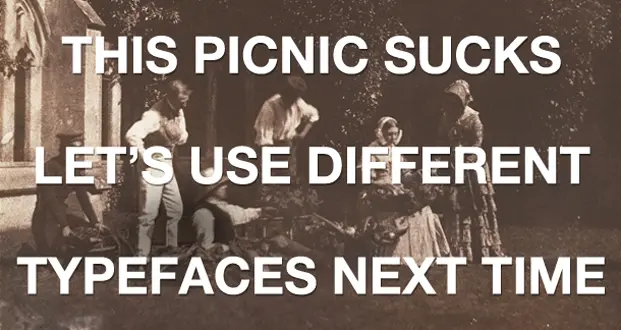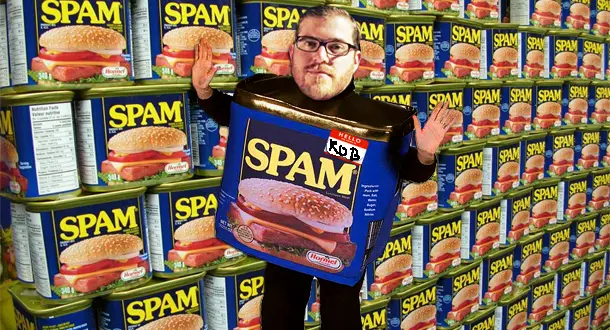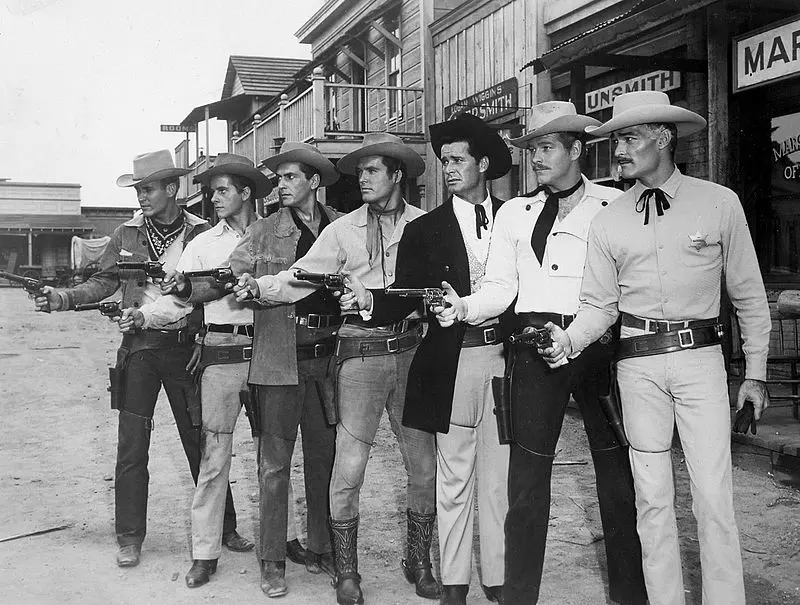Menu
Columns
Showing 3546 Columns
Showing 3546 Columns
June 18th, 2014

A while back, for this very site, I authored an interview and review of Chuck Klosterman's I Wear The Black Hat: Grappling With Villains (Real and Imagined). It's a terrific read and deals with the concept of villainy and evil in several very enjoyable and thought-provoking essays, through the lens of fiction, pop culture, and history.
Read Column →June 17th, 2014

Photo Credit: Alasdair Allen The struggle with traditional publishing You've probably never heard of Scottish author John A. A. Logan. It’s hardly a surprise in this age of new writers appearing every millisecond. Like a lot of people, Logan tried the usual routes to get published and had limited success. What was worse, was the old “I like it, but I don’t think I can sell it” response he got from people in the industry.
Read Column →June 17th, 2014

As a graphic designer, it’s rare that I get to interject my opinion into hot-button debates about the evolution of economic models… so it’s with great joy that I offer my (increasingly worthless) two-cents on the topic of Thomas Picketty’s “Capital in the Twenty-First Century.”
Read Column →June 16th, 2014

Here we are, three weeks into our official writing event, Arrest Us! Even though we still have two weeks until our July 1st submission deadline, we have already wracked up north of fifty stories, and more are coming in every day. It's a pretty crowded battlefield out there, and the competition is coming on without mercy.
Read Column →June 16th, 2014

First, let's get the obvious out of the way. [video:https://www.youtube.com/watch?v=1ClCpfeIELw&feature=kp] Now that we're past that: Holly Golightly! The original manic pixie dream girl! Breakfast at Tiffany's was a novella before it was a cinema classic before it was a mid '90s pop-rock jam. Let's please never mention that song again. The Book Breakfast at Tiffany's and Three Stories, by Truman Capote (Random House, 1958)
Read Column →June 13th, 2014

That's right. This is so important I used an Upworthy-style headline to ensure people would click. Have you ever watched The Office? I'm talking about the American version here, not the UK version.
Read Column →June 13th, 2014

image: Welch, Scott D. Rocky movies inspire me to all sorts of new heights. A pair of good headphones and "Hearts On Fire" from the Rocky IV soundtrack? All it takes to push me to the threshold of human endurance...on a low-impact elliptical trainer while Reba reruns play on a gym's mounted television. But hey, we all have our own mountains to climb.
Read Column →June 12th, 2014

You have a few seconds at work, in between sending the morning report and the weekly staff meeting. You’re thinking about where to get lunch, and the peculiar brown sweater Cathy wore this morning (is it made of hemp, a burlap sack, dog hair? The possibilities are endless). As you scroll through Facebook, past the political rants and Buzzfeed quiz results, you see a new post by LitReactor on second-person perspective.
Read Column →June 12th, 2014

A book is the perfect gift to give to your crush. They are not ridiculously expensive, and if upon receiving the book the person says, “I don’t really read,” you’ve just saved yourself a lot of time! Crush over. That person is clearly not dateable.
Read Column →🎼
Tell us about your book, and we'll give you a writing playlist
Take our 1 minute quiz to find your ideal tunes.